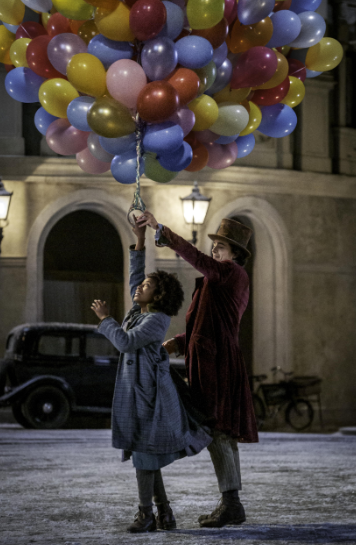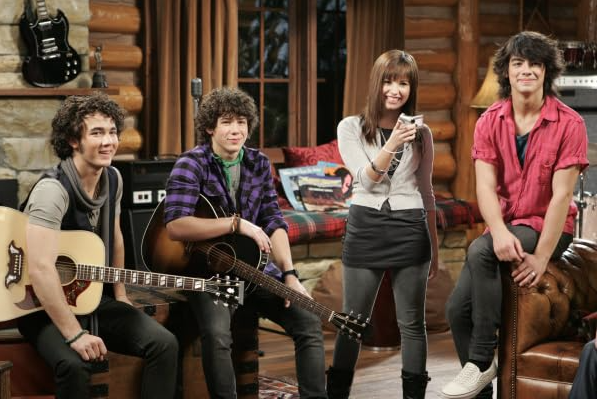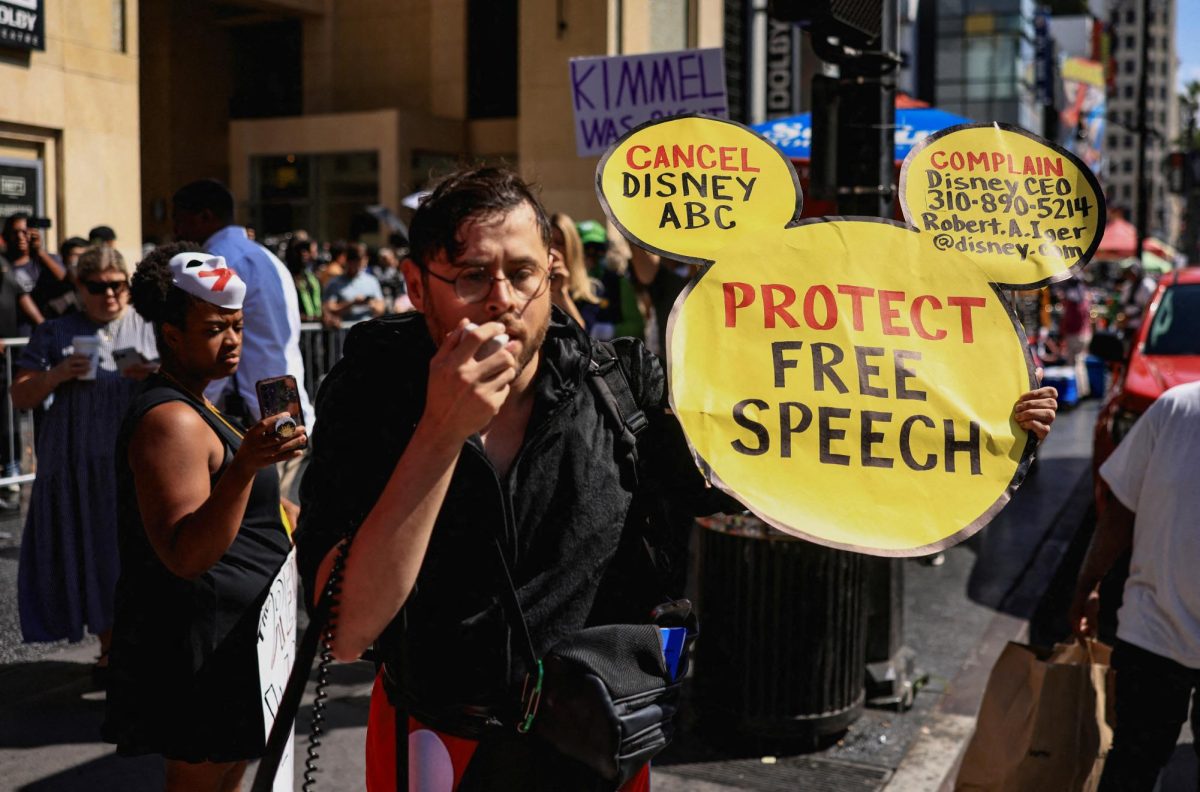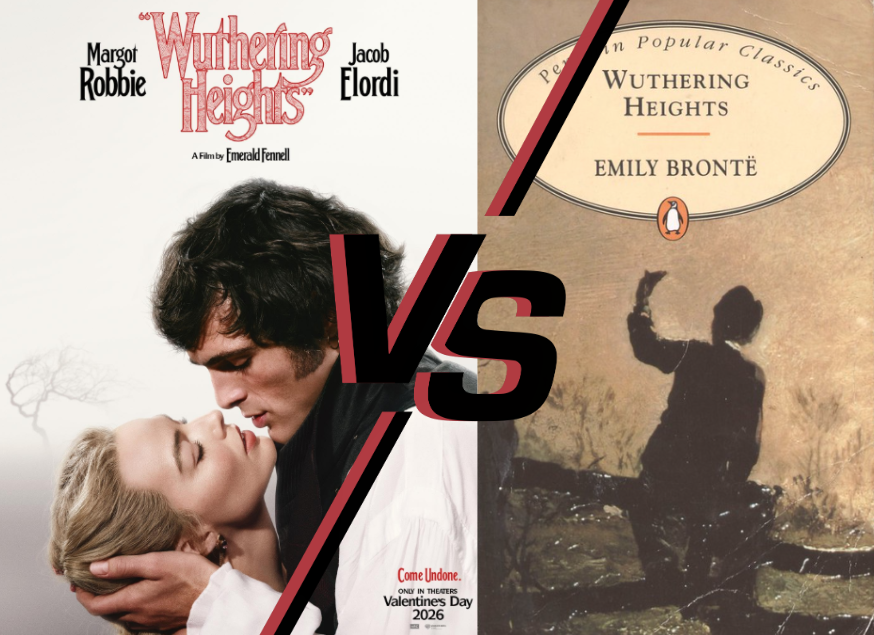
Movie musicals have always been a staple in the entertainment industry, but you wouldn’t know it by looking at the success rate and mainstream response in the past few months. Part of the issue is surely the bizarre trend of many, like “Wonka” and “Mean Girls,” actively not being marketed as musicals.
This marketing tactic aims to make the movies more palatable for the general audience, while still appealing to the musical theater audience. In theory, this could work. In execution? It fails miserably. Both audiences are dissatisfied: The musical theater audience complains that it’s watered down and lacking the elements that make it a musical, while the general audience is annoyed that they weren’t aware the movie is a musical. This failed attempt to please everyone to make the largest profit ultimately pleases no one.
Audiences want movies to embrace the genre they’re in, exploring what makes that form so unique and engaging. Studios’ lack of awareness of this is hurting filmmakers, audiences and the entire movie industry. Musicals are meant to be over-the-top, energy-filled spectacles that are a little out of the box. They are not always meant for the general public – and that’s OK.
Not everything needs to be for everyone. Rom-coms aren’t for everyone, and neither are horror movies. Everyone likes something a little different. No one will like every single movie, so trying to appeal to everyone is completely fruitless. If movies fully embrace the genre they’re in, then the people who love the genre will love the movie regardless. That is the audience that matters here, not the general.
Ultimately, appealing to the right people will make more profit to the studios than trying to appeal to everyone. Movies should embrace the nature of their genre to the fullest: the horror, the romance, the humor, the kicklines and dance numbers. Even if it alienates the general audience, it embraces the audience that loves the genre. That is, and should always be, what movies are about.




